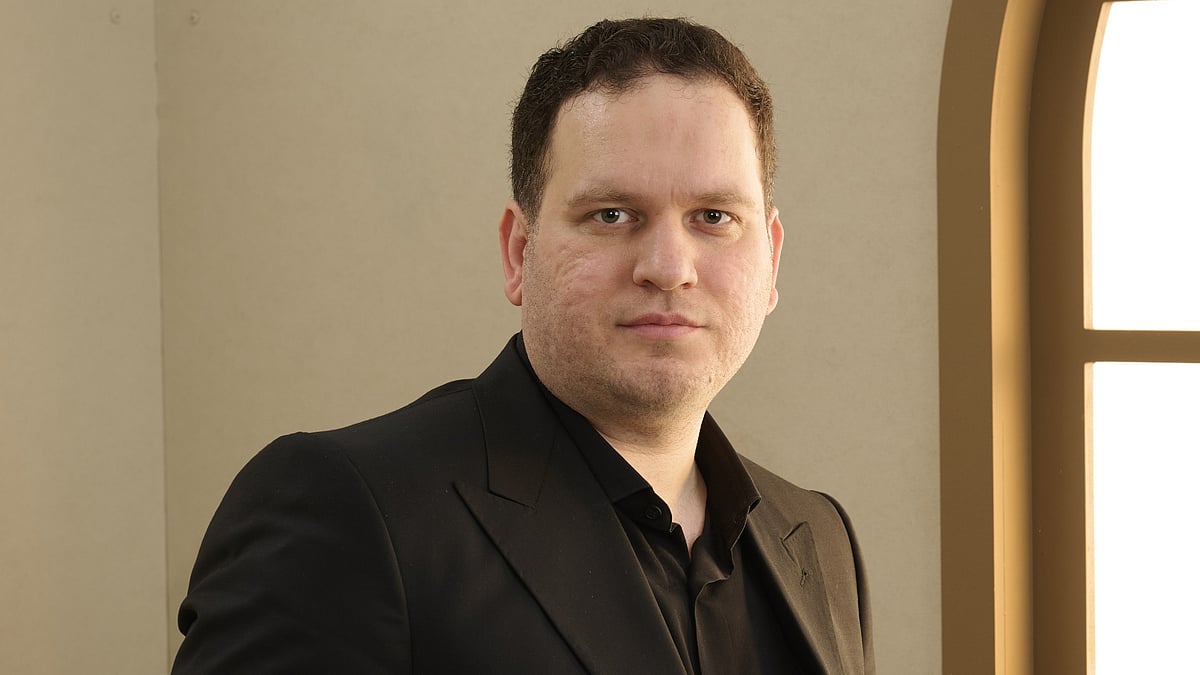He was a nonagenarian and had led a life full of vicissitudes. There had been high noons and some cathartic moments too. But he was a contented person as his children and grandchildren were ‘settled’ in their respective fields. However, impermanence is a fact of life and he succumbed to multiple organ failure. Today only his memories linger in his son’s house, residing in a framed photograph.
Ill-health prevented him from meeting his older brother, (a centurion himself), who had departed for his heavenly abode sometime earlier. This had rankled considerably and he never quite recovered. By the time life was snuffed out of his body he was absolutely emaciated, with glazed and haunted eyes which perhaps saw impending death, and a parched mouth, wide open. The entire body was bruised and punctured with innumerable needles.
The vital prana or the subtle life force which provides human existence and energy was quenched away by the mandarins of death. That night the mortal remains were kept in the hospital mortuary. One reckons his soul would have been meandering, hoping for redemption when the body would be consigned to flames.
It is said that parents are our first teachers. Parents act as cicerones for their children, urging them to take baby steps into the world and to eventually take decisions and face various challenges in life. Once in adulthood, children still look to their parents for percipient advice as they navigate their lives. ‘Children’ feel mentally at ease that their parents, though in the winter of their lives, are around to provide succour. But the demise of elders, relatives and in particular parents, shears the concealment of protection.
What does one do when a dear one ceases to exist?
“Time will take care of it. Definitely, if someone you love crosses over, grief overtakes you. But see it from a broader angle — we all have to go one day, someone has taken an earlier flight and we
have to take a later flight. When you see the impermanence of everything, you will gain the strength to overcome the grief. Again and again you have to put your attention on the impermanence of everything,” says Sri Sri Ravi Shankar.
Mindfulness and grief
At the core of Buddhism is the concept of mindfulness, and it is inexplicably connected with impermanence. Impermanence is a Buddhist concept that has brought comfort to several people once they lose close ones. When humans value permanence they focus towards the future obsessively or dwell on the past. However, if the mind is convinced about impermanence humans begin living in the present moment.
Sages from the ancient times – with enormous perspicacity- have developed palliative techniques to overcome cataclysmic situations. These include chanting of mantras, listening to religious texts, meditation, pranayama, Vispassana and the rhythmic breathing technique of Sudarshan Kriya.
Mindfulness can act as a centrifugal force in life; a state in which one becomes aware of the present; of thoughts and feelings, various physical experiences, and the world around us. Once humans begin to accept the unalloyed truth that there is no permanence, they can examine the present and overcome every situation.
How do mindfulness and acceptance of impermanence act as a sword to combat grief and the sense of bereavement?
There are two common ways many of us cope with grief – either one is completely subsumed by the thought and feels entrapped like a bird in a cage. Or the mind is channelled by the techniques mentioned to become robust and mettlesome to grapple with ill disposed thoughts and is aware of an alternative paradigm to move on with life despite adversity.
A question does plague the mind as to whether humans can conquer the devastation of grief in its entirety? The truth is perhaps that that does not occur. But it does help in altering the trajectory, intensity, the shape and form of the aftermath. Mindfulness, awareness and acceptance of impermanence assist in arresting the trend of obfuscation of mind by demons of gloom. This sets in the motion the acceptance of the reality of bereavement. It is said that time is a great healer to overcome grief and bereavement. Perhaps a few notches above that is performing Seva (service to the society) and surrender to the vast universe and the Almighty to combat grief. “The only permanent thing in life is impermance,” said Buddha.









